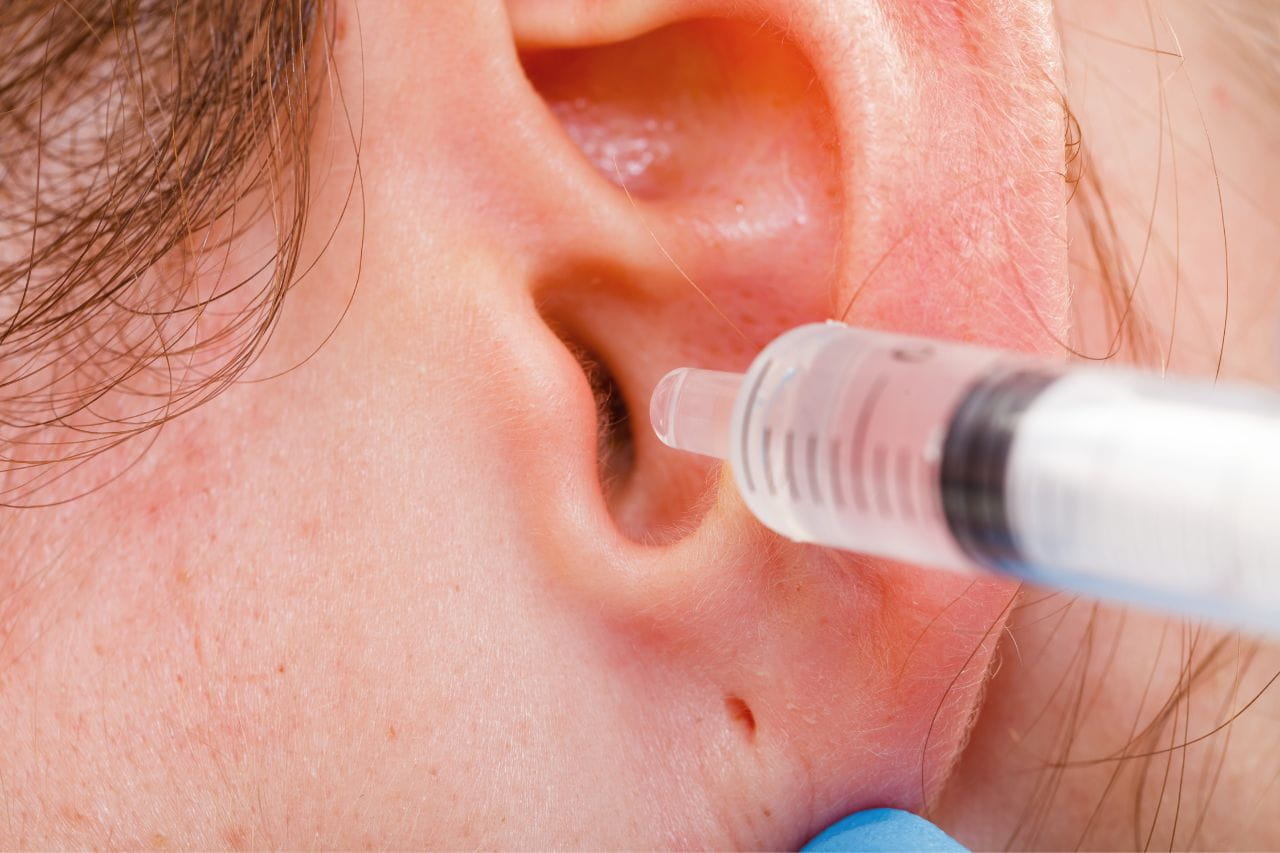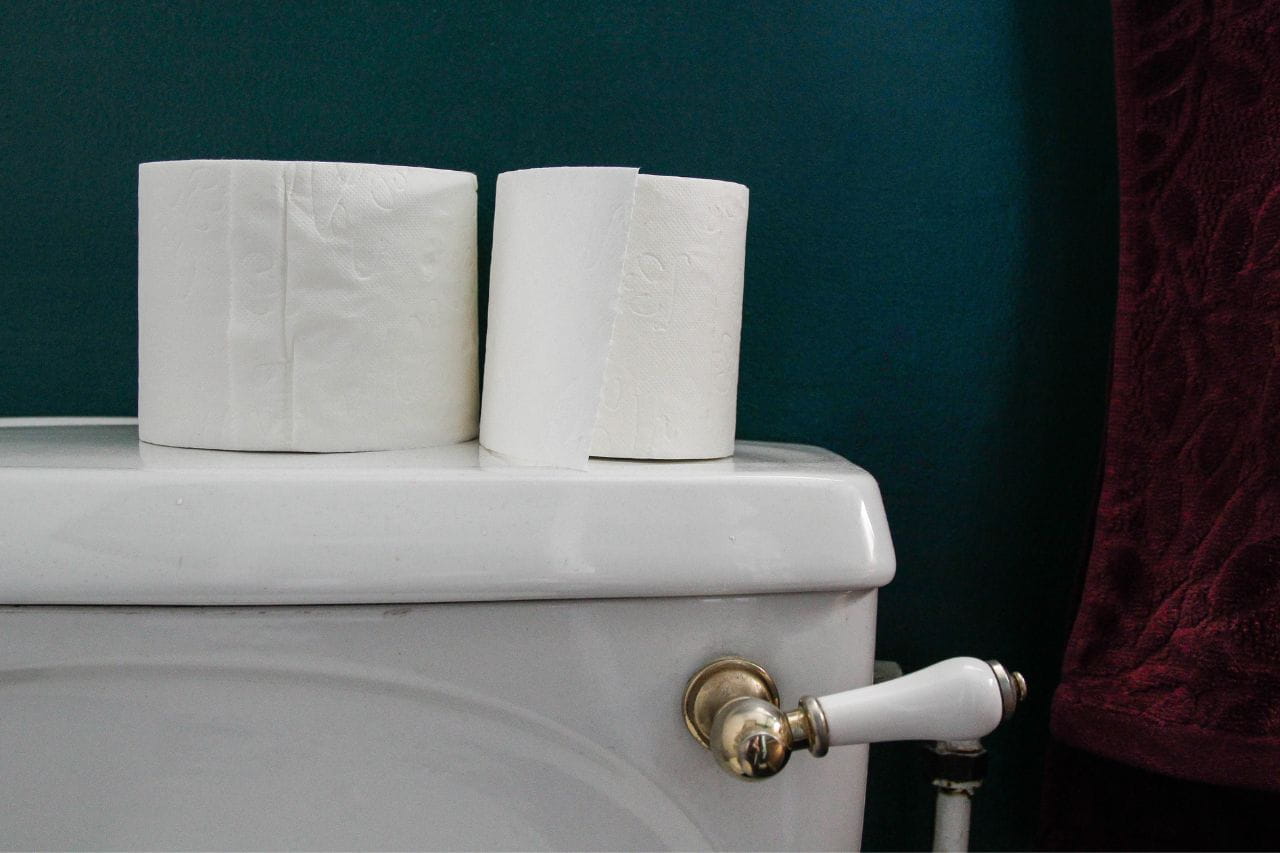Ear Wax Removal: When to See a Doctor

This article explains what ear wax is and when ear wax removal by a doctor is necessary.
Ear Wax and Its Purpose
Also called cerumen, ear wax helps your body remove dead skin cells, dirt, hair, and other debris from your ear canals. It also has antibacterial and antifungal properties that help lower your infection risk.In addition, ear wax keeps your ear canals from getting itchy or irritated, including by serving as a skin barrier against water that gets into your ear canal when you bathe or swim. So, it’s an important — if sometimes annoying — substance.
Signs and Symptoms of Excessive Ear Wax
When ear wax accumulates, it can create a blockage — a condition known as cerumen impaction. Symptoms of ear wax blockage include:
- Hearing loss
- Earache
- Itching
- Tinnitus (ringing in the ear)
- Dizziness or vertigo
- Ear infection
- Fullness in the ear
- A reflex cough
If you experience some or all of these signs, you should talk with your doctor about ear wax removal.
Risks of Removing Ear Wax at Home
People sometimes wonder how to remove stubborn ear wax at home. Or they may search “how to remove ear wax blockage fast.”
The answer to this type of question is that seeing your healthcare provider is best. Using objects to “dig out” ear wax can cause serious problems, including:
- Damage to the ear canal
- Increased impaction
- Infection
- Damage to the eardrum
No objects — including cotton swabs — are safe for extracting ear wax at home. Home remedies like irrigation and vacuum-type devices aren’t well studied and may harm your ears and hearing.
So, while you may be tempted to address an ear wax blockage yourself, it’s much safer to visit your doctor’s office.
When to See a Doctor for Ear Wax Removal
You should see your healthcare provider if you experience any of the symptoms above. Other reasons for consulting your physician are bleeding from the ears or experiencing drainage.
What doctor removes ear wax? Your primary care physician can address the impaction for you. However, a recurring ear wax problem may require input from an ear, nose, and throat specialist, who might prescribe a wax-removal medicine like carbamide peroxide to reduce your impaction risk.
How Doctors Remove Ear Wax
There’s a right way to deal with excessive cerumen in your ears. How do doctors remove ear wax? They use one of these approaches:
- Irrigation (“flushing” the ear canal with fluid)
- Suction
- Removal with a tool like a rubber ball syringe or a small surgical instrument called a curette
After removing the blockage, your doctor will likely examine your ear for signs of a perforated eardrum or other issues.
Preparation for an Ear Wax Removal Appointment
In an ear cleaning, a doctor will ask questions, such as:
- How long have you had symptoms?
- Have you had similar symptoms in the past?
- Are your symptoms present continually or just periodically?
- Have you noticed any drainage from your ears?
Your answers will help the doctor provide treatment at the appointment and any recommendations for addressing recurring issues. You should also jot down questions for your provider related to this situation or future incidents.
Learn More About Protecting Your Hearing
Your ear canals and eardrums are sensitive and easily injured. Consequently, you should remember how doctors remove ear wax with specialized instruments and techniques and let them handle the procedure. That way, you won’t damage your hearing.
And if there’s a chance you have suffered hearing loss, your doctor can refer you to a Baptist Health audiologist for testing and treatment as needed.



